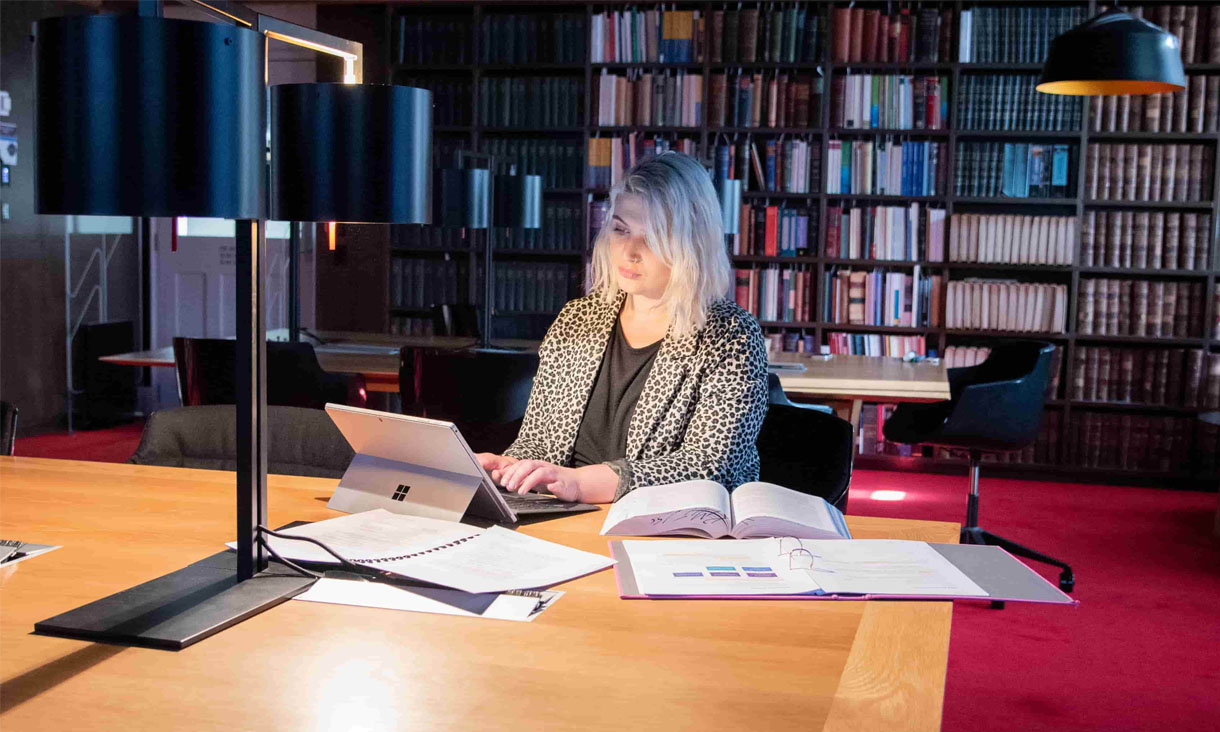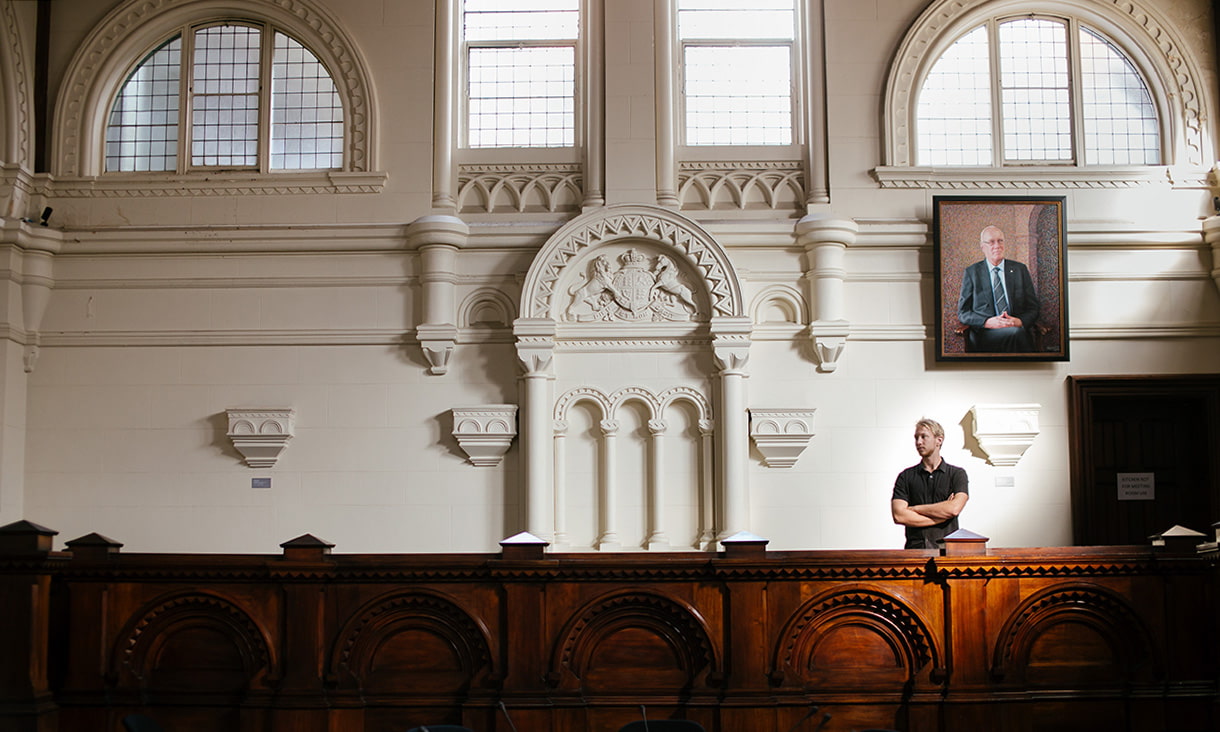With the RMIT Juris Doctor under their belt, graduates not only gain first-rate problem solving skills, but also practical skills such as interviewing clients, drafting memorandums of advice, negotiation skills, and effective research and professional writing techniques. These skills are highly sought-after in any law career.
Graduates interested in community service and social justice can steer a law career into advocacy positions across aged care, mental health, disability, law, women’s rights, immigration and child protection services.
There are a wealth of local, state and federal government roles for legal professionals. This includes in-house legal teams at councils, advisors at state ombudsman offices and lawyers for national regulatory authorities.
For those interested in corporate law careers, beyond working for the big commercial law firms, the big four accounting firms (PwC, KPMG, EY and Deloitte) have in-house legal teams they need to call on for advice on regulations, audits, tax and international transactions. Likewise, top-tier management firms including Boston Consulting Group and McKinsey and Company need legal advisors to service clients across a range of industries.
Law graduates are also in demand in small to medium enterprises, particularly growing businesses, to assist them with all things legal – from contracts to intellectual property.
More broadly, many law graduates turn to careers in media thanks to their precise communication skills and research know-how. Others wind up in politics – an area well-suited to those with advocacy and argumentation skills.
Traditional legal roles include judge’s associates, criminal and civil lawyers and barristers, and prosecutors.
Students can take the RMIT Juris Doctor in any direction they choose. The beauty of this course is that students may be transitioning from a different career altogether or connecting to what’s next in the law career they already have.





